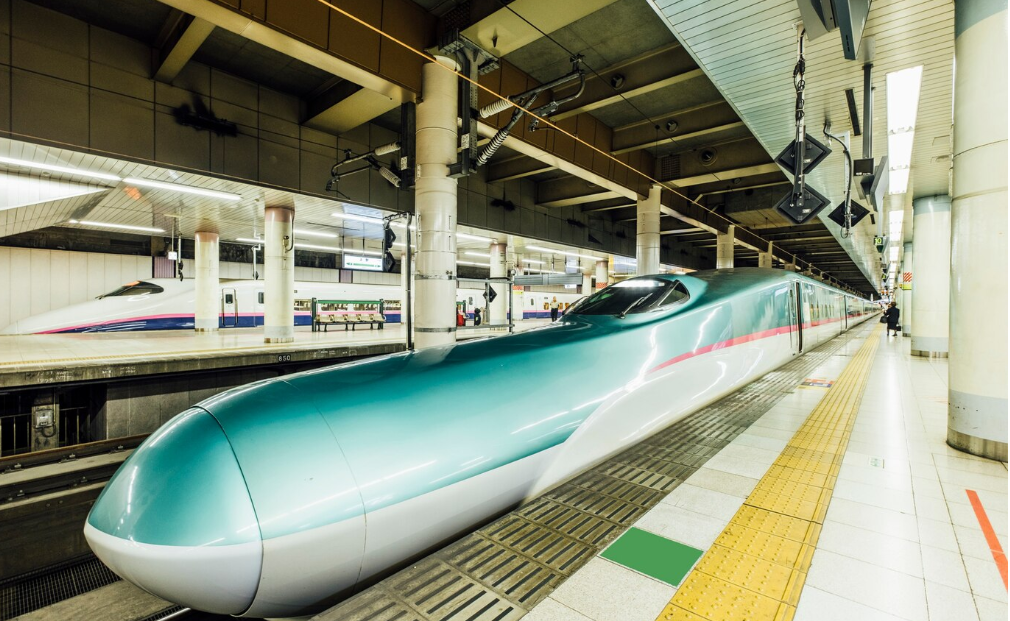After over a decade of anticipation and strategic planning, the Regional Maritime Development Bank (RMDB) has finally been launched, with Nigeria chosen as the host country. This historic development marks a significant turning point in maritime financing and infrastructure advancement across West and Central Africa.
Unveiled in Abuja, the launch of RMDB is expected to revolutionize maritime operations, addressing long-standing inefficiencies in port management, shipping logistics, and vessel financing in the region. The bank’s primary focus will be to provide long-term funding for maritime development projects—something the African shipping sector has struggled with for decades.
Why RMDB Matters: A Response to Regional Maritime Gaps
The idea of RMDB dates back to 2009, initiated under the umbrella of the Maritime Organization of West and Central Africa (MOWCA). Member states agreed that one of the major hindrances to maritime growth in Africa was the lack of dedicated financial institutions to support large-scale marine transport, port upgrades, ship acquisition, and training of seafarers.
Nigeria, with the region’s busiest ports and largest population, emerged as the natural host. Speaking at the launch, Nigeria’s Minister of Marine and Blue Economy, Adegboyega Oyetola, stated:
“The establishment of the RMDB in Nigeria reflects our commitment to taking the lead in maritime innovation, and this will help transform our ports and shipping logistics into hubs of global standard.”
Nigeria’s Port Challenges: A System in Need of Reform
Nigeria’s maritime sector contributes significantly to the country’s economy, with over 90% of international trade passing through its ports. However, inefficiencies such as congestion at Apapa and Tin Can ports, poor infrastructure, and high logistics costs have hampered growth and discouraged foreign investment.
The RMDB aims to solve these challenges by:
-
Offering concessionary loans to modernize ports.
-
Financing shipping lines to reduce reliance on foreign-owned vessels.
-
Supporting shipbuilding and repair yards.
-
Providing funding for maritime education and seafarer training.
According to the Nigerian Ports Authority (NPA), these investments will help reduce turnaround times, improve cargo throughput, and enhance trade competitiveness across Africa.
A Game-Changer for Blue Economy Financing
RMDB is also expected to catalyze Africa’s participation in the blue economy, a global initiative that promotes sustainable use of ocean resources. With African countries lacking dedicated financial institutions to support this transition, the RMDB offers a unique opportunity to channel investments into:
-
Renewable ocean energy,
-
Marine biotechnology,
-
Coastal tourism,
-
Ocean conservation efforts.
Experts believe this could generate millions of jobs and significantly boost GDP across the continent if implemented strategically.
Regional Cooperation: More Than Just a Nigerian Initiative
Although Nigeria hosts the bank, RMDB is a multilateral institution. Its board includes representatives from MOWCA’s 25 member states, including Ghana, Senegal, Cameroon, Angola, and Côte d’Ivoire. This ensures the bank operates with a regional mandate, targeting development needs across West and Central Africa.
The African Union (AU) and African Development Bank (AfDB) have both endorsed the project, and discussions are ongoing with international maritime stakeholders and development finance institutions for further backing.
What It Means for Nigerians and the Region
For Nigerians, the RMDB signals a future where port inefficiencies could soon be history, and new maritime jobs, especially in port management, ship maintenance, and seafaring—may emerge.
For the region, it offers a lifeline to revive moribund shipping companies, enhance inter-regional trade through coastal shipping, and reduce Africa’s dependence on foreign shipping firms, which currently handle the majority of cargo between African countries.
“This is not just a financial institution; it’s a strategic tool for unlocking Africa’s maritime potential,” said Dr. Paul Adalikwu, Secretary-General of MOWCA.
Conclusion: Setting Sail Into a New Era
The successful launch of the Regional Maritime Development Bank in Nigeria is a milestone that could reshape the future of African shipping and trade. With the right policies, transparency, and sustained collaboration across member states, the RMDB could become a model for other sectors in need of targeted financial intervention.
As Nigeria takes the helm, the maritime industry across West and Central Africa may finally begin to chart a course toward greater efficiency, sustainability, and global competitiveness.
Stay tuned to Xamblog.com for ongoing updates on maritime developments, trade policy, and economic transformation across Africa.
Last Updated on May 23, 2025 by kingstar





